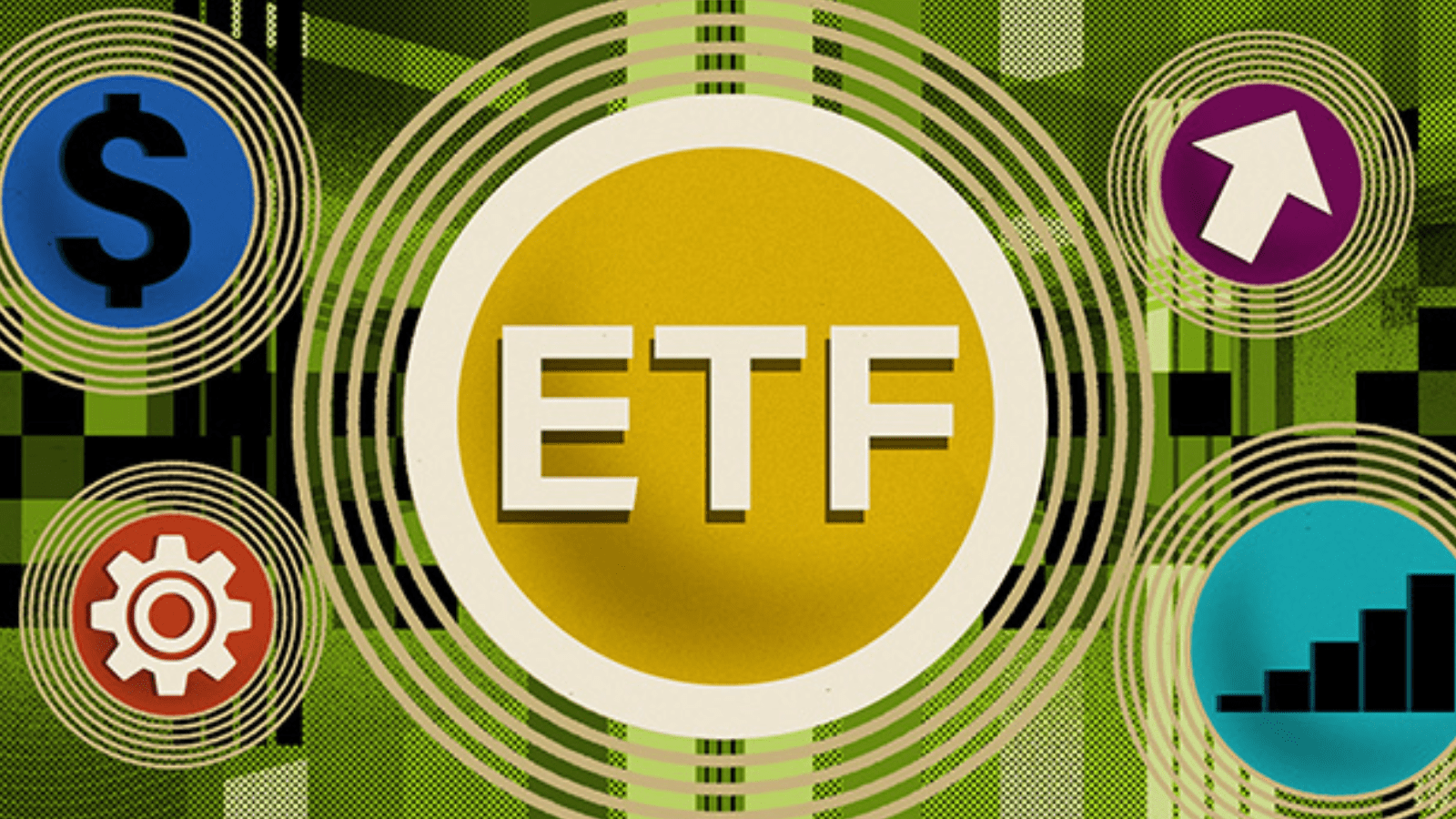
- While US investors wait for a physically-backed ETF, exchange-traded products are dominating in Europe
- The ETP structure is often the only option that fits regulatory guidelines, issuers say
With the prospects of a physical bitcoin ETF at a standstill in the US, an already-crowded market for cryptocurrency exchange-traded products (ETPs) in Europe is heating up with a series of new listings.
Digital asset-linked ETPs in Europe surpassed $1 billion in inflows in 2020 with demand showing no signs of slowing, according to Bloomberg Intelligence data. In the week ending Feb. 11, European crypto investment products saw inflows of more than $80 million, according to CoinShares data.
Issuers say the interest is no surprise. The security and convenience of crypto exposures via a regulated product is attractive to retail investors — and often a necessity for institutional players.
“There are a lot of investors who don’t want to open up wallets on exchanges or otherwise deal directly with crypto. They much prefer to simply use traditional access rails of their brokerage accounts,” said Townsend Lansing, head of product at CoinShares. “That’s primarily driving the demand for these as opposed to a direct investment in, say, bitcoin.”
Fidelity International became the latest issuer to offer a European ETP earlier this month with the launch of its Fidelity Physical Bitcoin ETP (FBTC) on Germany’s Deutsche Börse Xetra. 21Shares, the largest ETP issuer in the world, brought three new decentralized finance (DeFi) products to European markets in recent weeks.
Jersey-based crypto asset manager CoinShares has a host of products trading on European exchanges, including two new ones focused on staking opportunities. Other issuers including Invesco and Wisdom Tree also have products in the European markets.
The setup may be a boon for institutions with stringent compliance rules around cryptocurrencies.
“Institutions have all their access rails well established,” Lansing said. “They have their risk committees, their lawyers, their compliance, they understand how securities markets work. I think the uptake for institutional investors, all the way from private banks to multi-asset mutual funds, the speed that uptake is going to be helped a lot by their familiarity with how the exposure is wrapped.”
The ETP wrapper is also often the only way for issuers to list on European exchanges.
“It’s often against the rules in Europe to have an ETF on a single asset,” said Hany Rashwan, CEO of 21Shares. “In Europe, they’re classified as either exchange-traded commodities or exchange-traded products.”
The classification around naming these types of investment vehicles is less important than how the products are structured, Rashwan said.
“What investors are ultimately looking for is physically-backed access to crypto in vehicles and wrappers that make the most sense for that,” Rashwan said.
All of 21Shares’ ETPs trading in Europe are physically-backed, allowing for the products to more closely track the price of the underlying assets, he added.
In the US, bitcoin futures-based ETFs and exchange-traded trusts, such as the Grayscale Bitcoin Trust (GBTC), are often criticized for imperfectly tracking the price of the underlying asset. GBTC often trades at a discount or premium to bitcoin, while futures-based ETFs run the risk of roll costs.
Get the day’s top crypto news and insights delivered to your inbox every evening. Subscribe to Blockworks’ free newsletter now.
The post With US Bitcoin ETF in Limbo, Crypto Exchange-traded Products All the Rage in Europe appeared first on Blockworks.
- "
- $1 billion
- 11
- 2020
- access
- According
- All
- Allowing
- around
- asset
- Assets
- Banks
- Billion
- Bitcoin
- Bitcoin ETF
- Bloomberg
- brokerage
- ceo
- classification
- CoinShares
- Commodities
- compliance
- Costs
- crypto
- crypto asset
- Crypto News
- cryptocurrencies
- cryptocurrency
- deal
- decentralized
- Decentralized Finance
- DeFi
- Demand
- Discount
- driving
- established
- ETF
- ETFs
- Europe
- European
- exchange-traded
- Exchanges
- fidelity
- Fidelity Investments
- finance
- First
- focused
- Free
- funds
- GBTC
- going
- Grayscale
- guidelines
- head
- How
- HTTPS
- important
- Including
- insights
- Institutional
- institutional investors
- institutions
- Intelligence
- interest
- International
- investment
- Investments
- Investors
- launch
- Lawyers
- List
- Listings
- looking
- manager
- Market
- Markets
- million
- most
- multi-asset
- news
- offer
- open
- Option
- Other
- otherwise
- physical
- players
- Premium
- price
- private
- Product
- Products
- RE
- regulatory
- retail
- Retail Investors
- Risk
- Roll
- rules
- Run
- Said
- Securities
- security
- sense
- Series
- Signs
- Slowing
- speed
- surprise
- the world
- top
- track
- Tracking
- trades
- Trading
- traditional
- Trust
- understand
- us
- Vehicles
- wait
- Wallets
- week
- WHO
- Work
- world












